Guest: Kirsten Pierce
Guiding questions
1. How can teacher intergrade technology into the classroom in a meaningful way to develop a relationship for the land/environment
- Documenting observation with photos.
- iNaturalist, LeafSnap plant identifacation, Rock identifier; stone ID, Seek, Cornell Lab of Ornithology.
- ChatterPix, Minecraft, Book creator.
- Geocaching (is it garbage? trampling on under brush).
2. How can teacher intergrade technology into the classroom in a meaningful way to develop a relationship of care with the land/environment.
- Technology to maintain the land (e.g. ph levels).
- Must look at how humans, especially settlers, are typically responsible for damaging the land, thus we need to work respectfully.
- Google Maps or Google Earth (more advanced version).
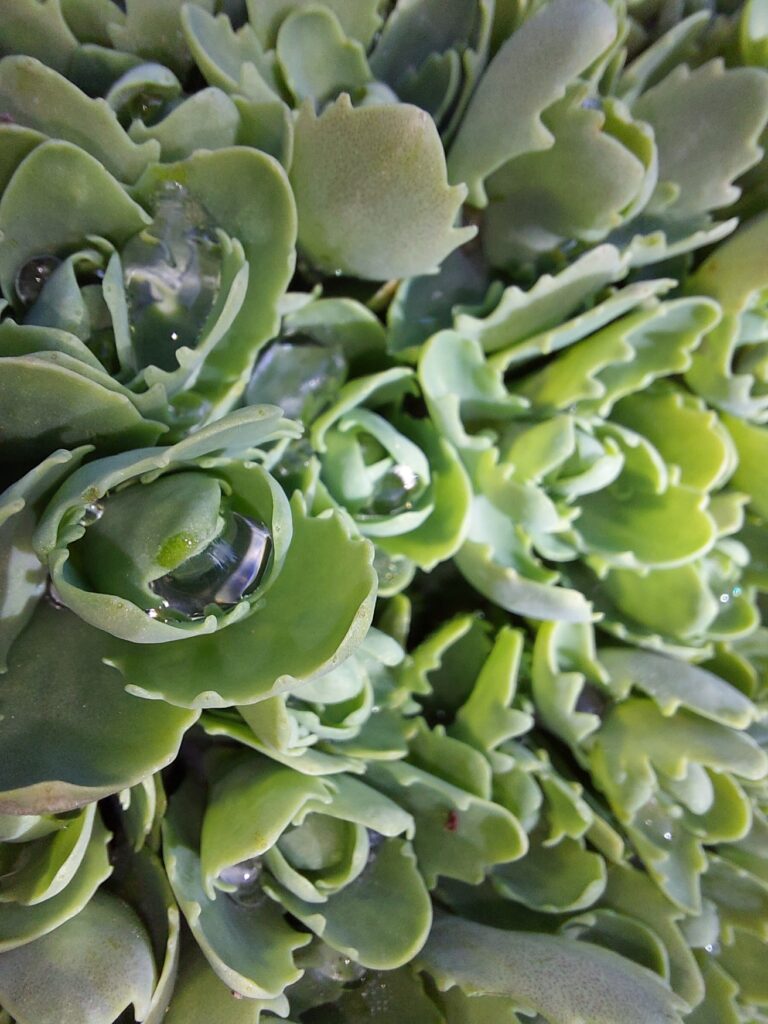
How can technology can help students discover “culture of place”
Looking at the rest of the world gives appreciation to farther animals, but not the place connection. Local things are often learned with safety involved, where as farther things are more glorified.
We watched a silent film in order to foster discussion of seeing how the land has change. Imagining then verses now; where are all the trees? Shows priorities and what social structure were in place at the time; what structures may still be the same?
Phones VS no phones
It is nice to have each student with the ability to participate in different ways, and kids are way more motivated and engaged when technology is presented.
However, can be a huge distraction, thus the need to constantly reflect, evaluate, and when used responsibly and meaningfully phones can be a useful tool good.
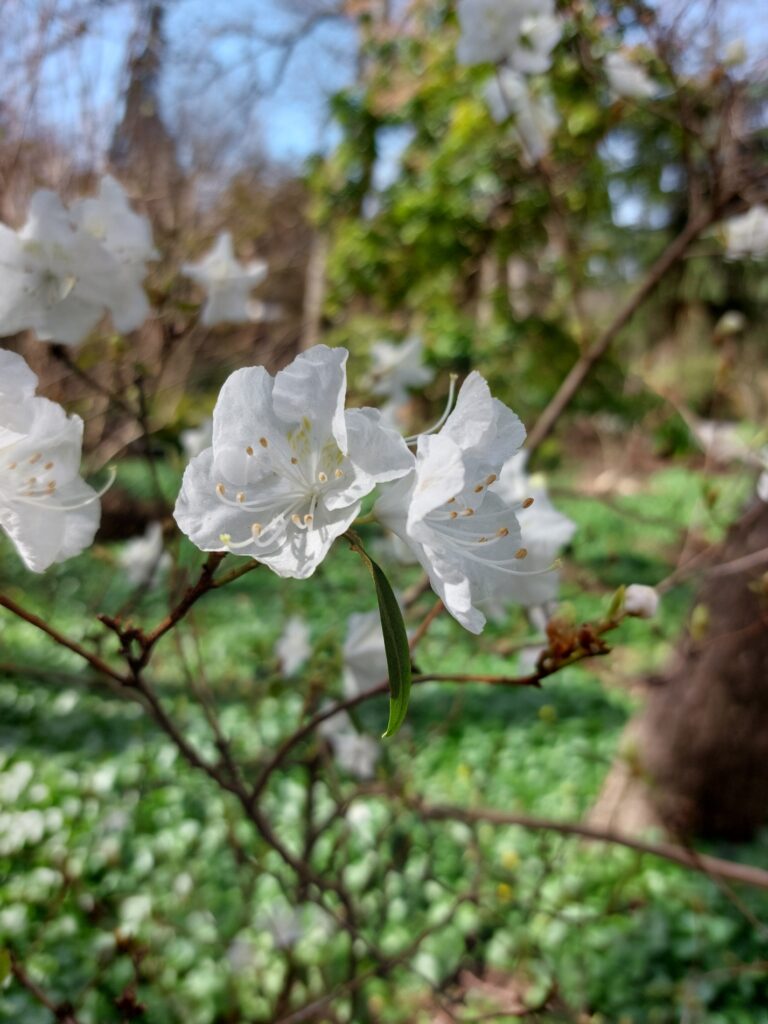
In our time in the Edu Program we will go through so many reflections. We need to acknowledge and appreciate reflecting is a necessary part of life and realize we often do not even how much one does it, as well as a useful tool for growth.
Outside Time!
Scavenger hunt!!!! QR code card format! These are the ones my group found (never did find number 5…).
Exploring Plants and Animals in the Field
The Past, Present, and Future of Finnerty Gardens – Reflect
- What is the history of this place and how has the land changed over time?
- How has the intention behind the use of the land changed over time. What is your perspective on the intention behind the gardens now?
- How would you like to see Finnerty Gardens evolve in the future? Why?
Designing Educational Experiences in the Field
Try to find examples of math, history, social science in the environment around you. Incorporate experiential learning and meaningful reflection.
Key considerations: Safety and Support, Challenge, Intensity, Versatility, Comfort, Suitable Materials, Equity and Inclusiveness, Connection to Nature.
Finnerty Gardens Tour with narration
Take a stroll through the Finnerty Gardens and learn from one of the gardeners all about the history of the gardens and our vast collection of rhododendrons.
Document your Learning and Create Something New
ChatterPix is a creative mobile app where users take a photo, draw a line across to represent a mouth, then animate the picture with voice.
Reflection
There will always be barriers and things going wrong (thinking about abilities).
Getting outside and meandering around the gardens was very refreshing and calming. Not having clues to where the next QR code would be and having them be a more choose your own adventure style took of the pressure of being rushed to find them.
My group discovered that if they wanted to ditch me like puppies in a box on the side of a road, all they have to do is stick me in a garden and give me a camera… I was being better than usual too!
Some other Photos I took…
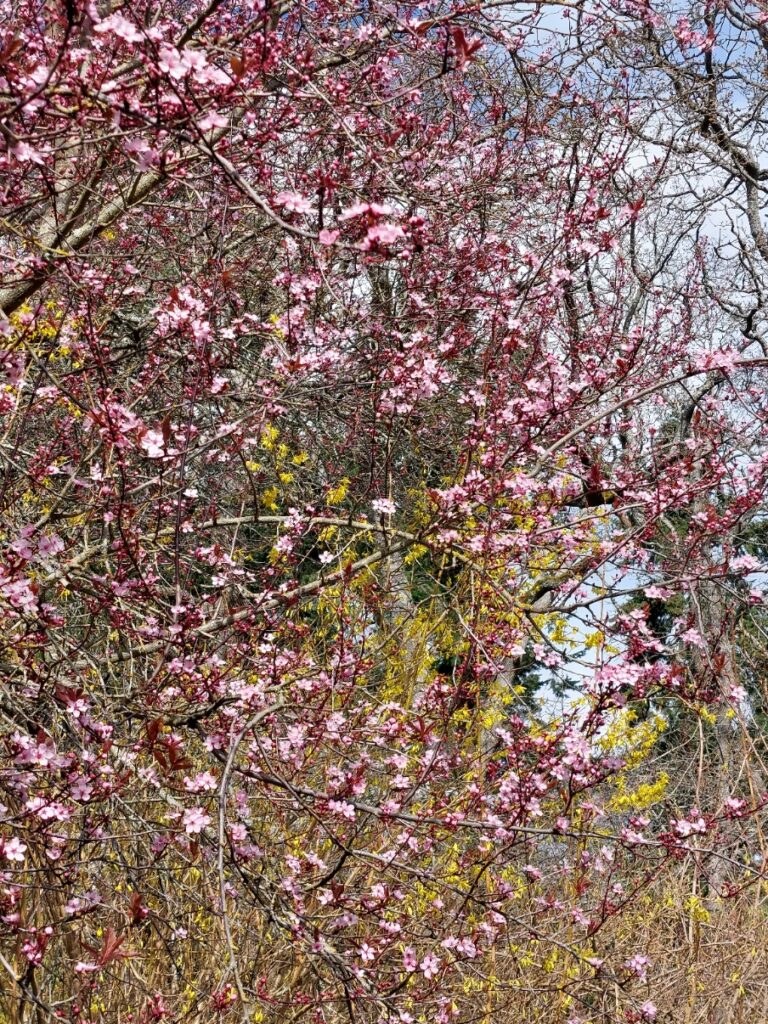
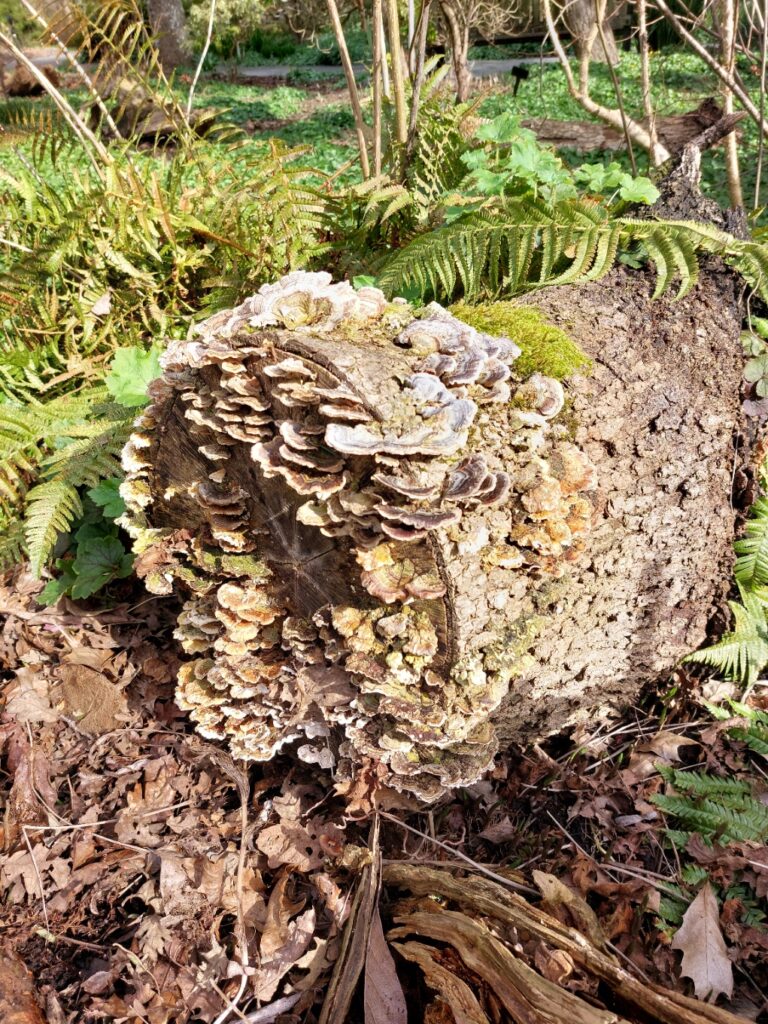
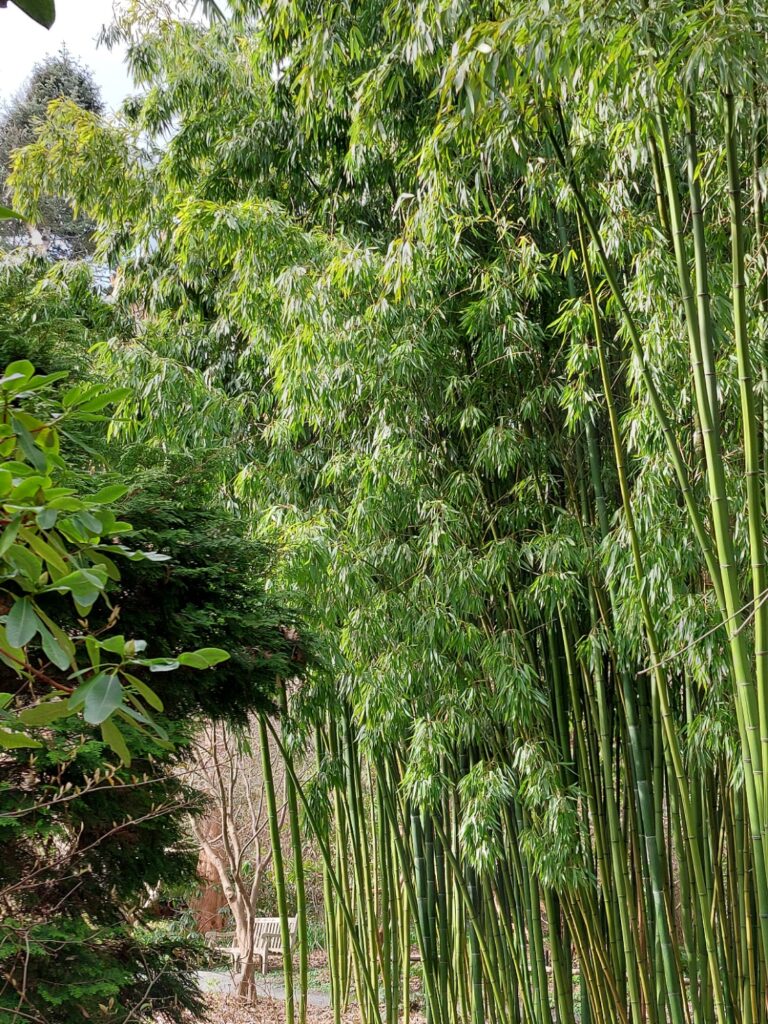
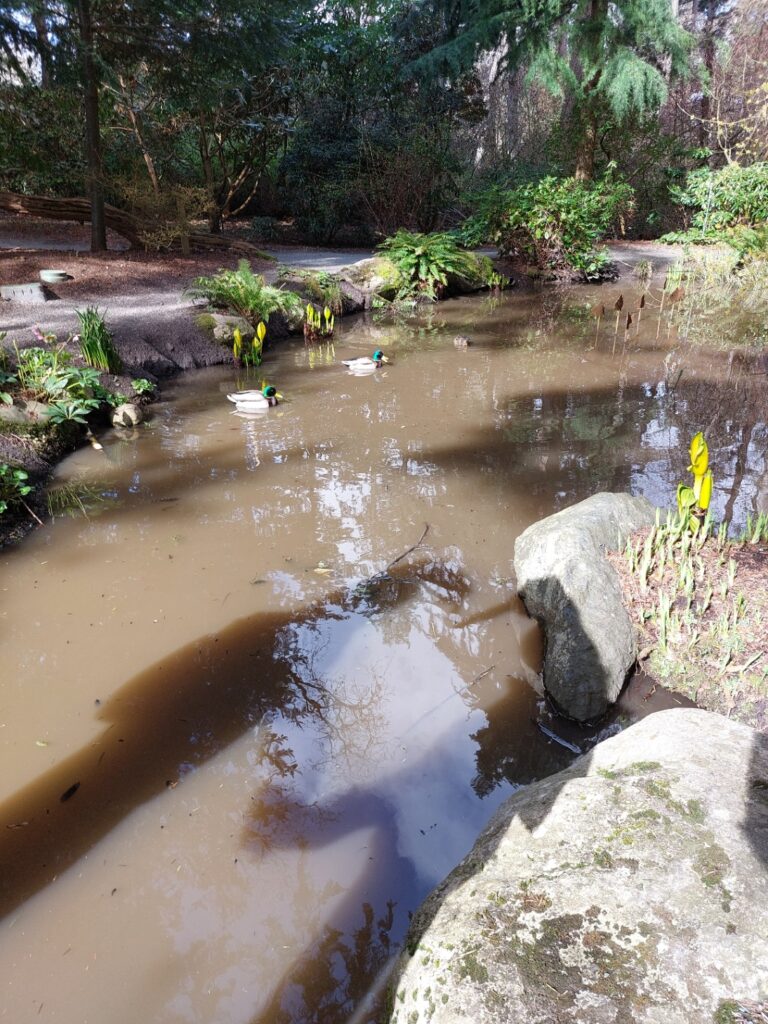
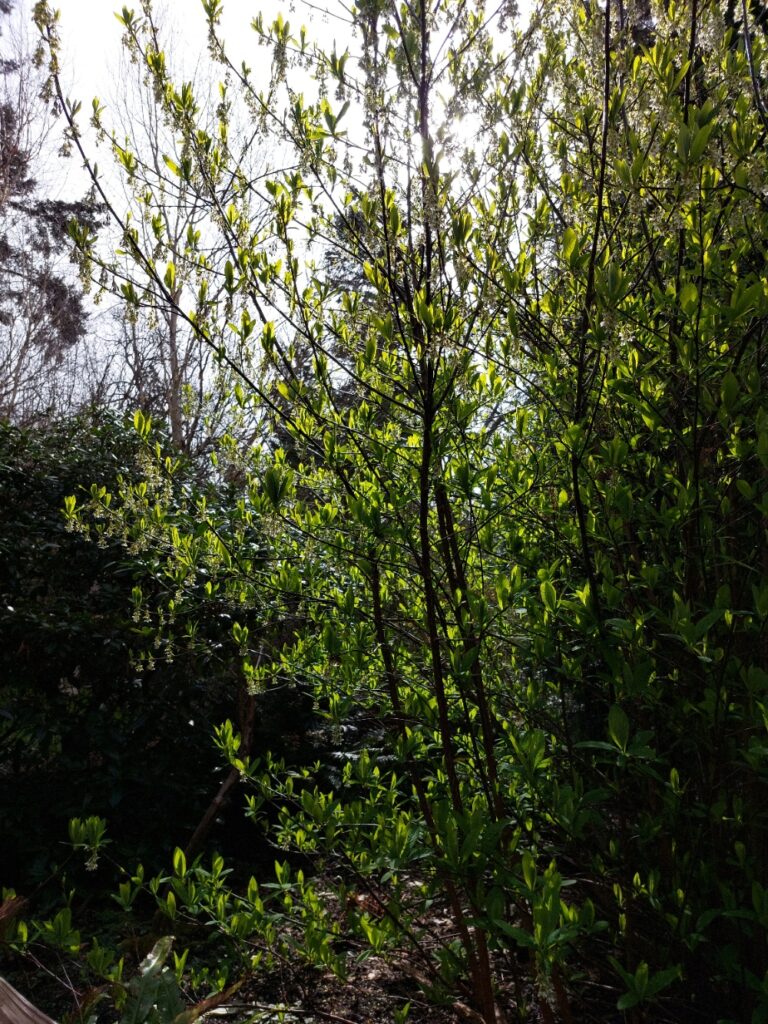
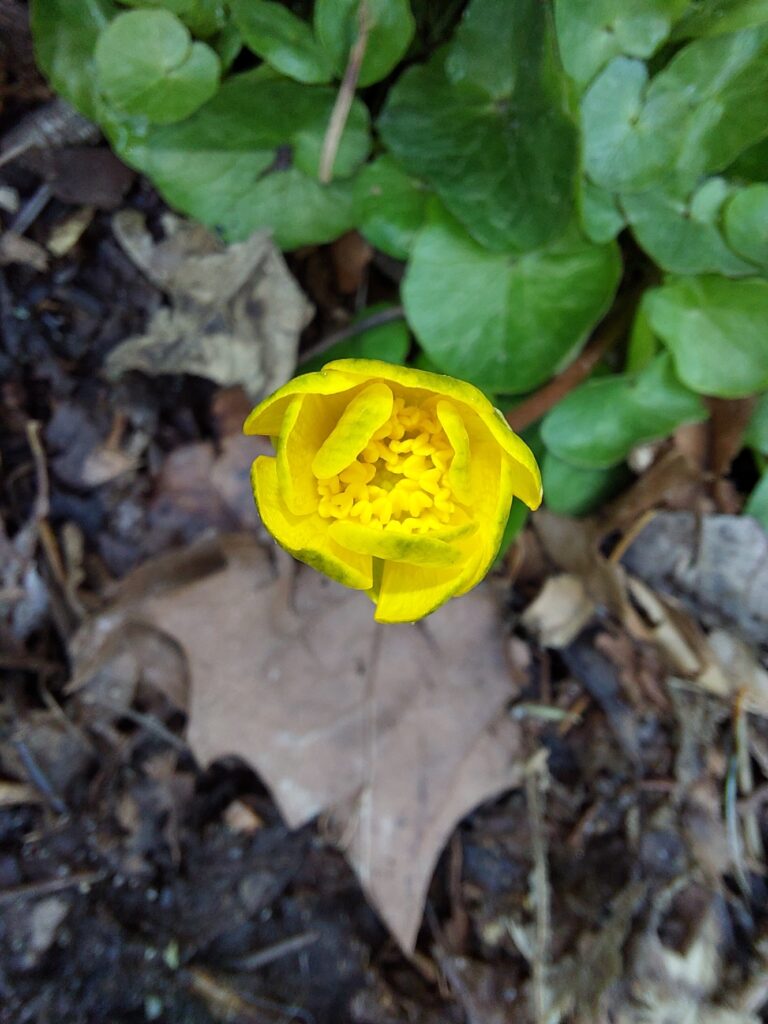
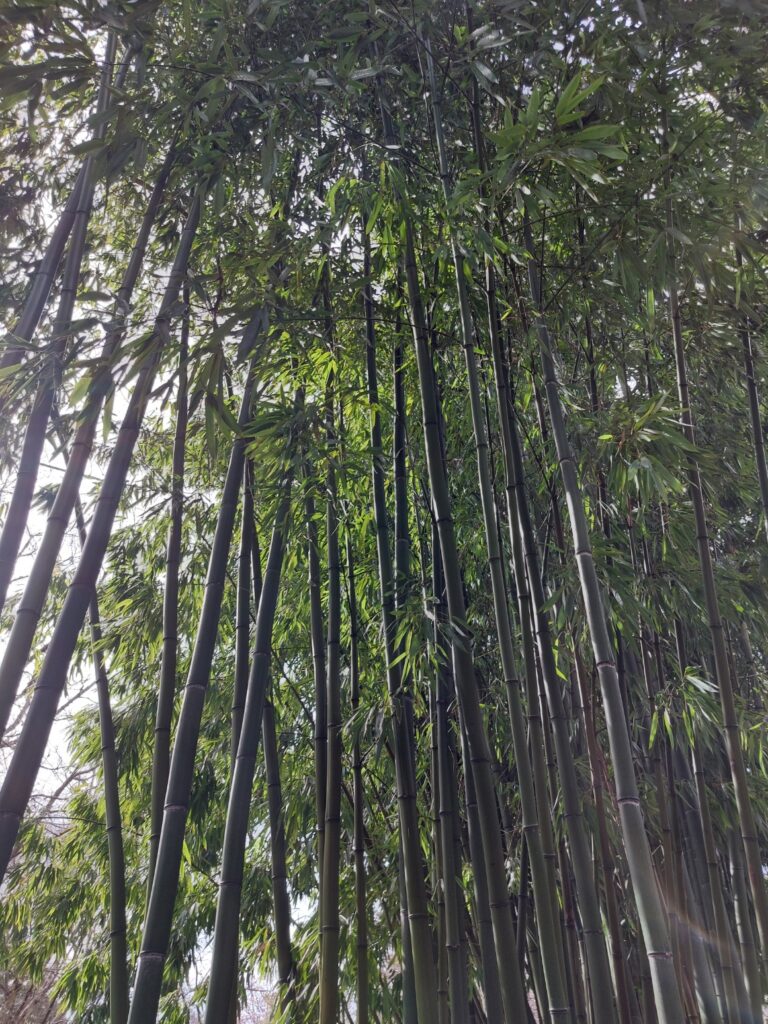
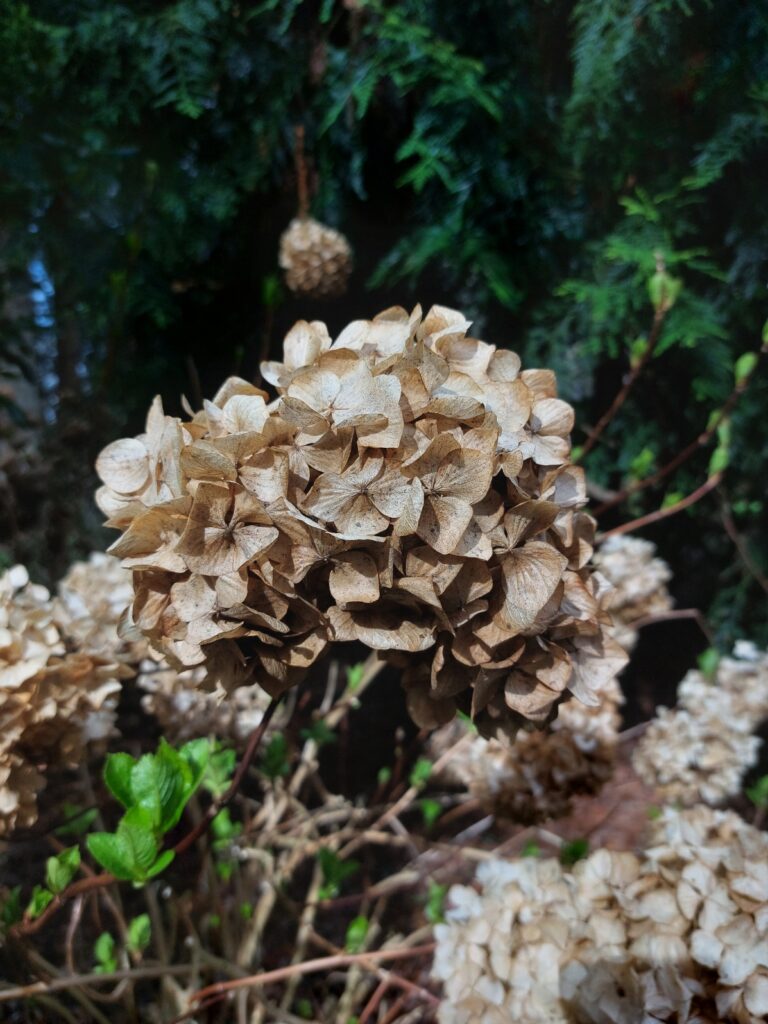
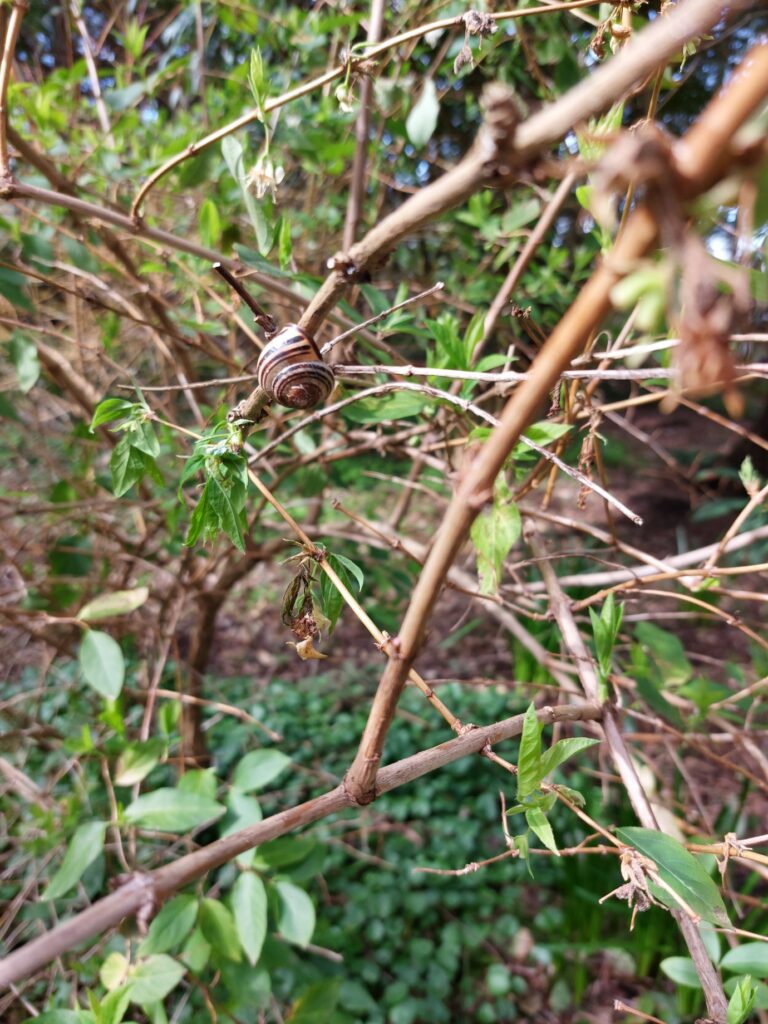
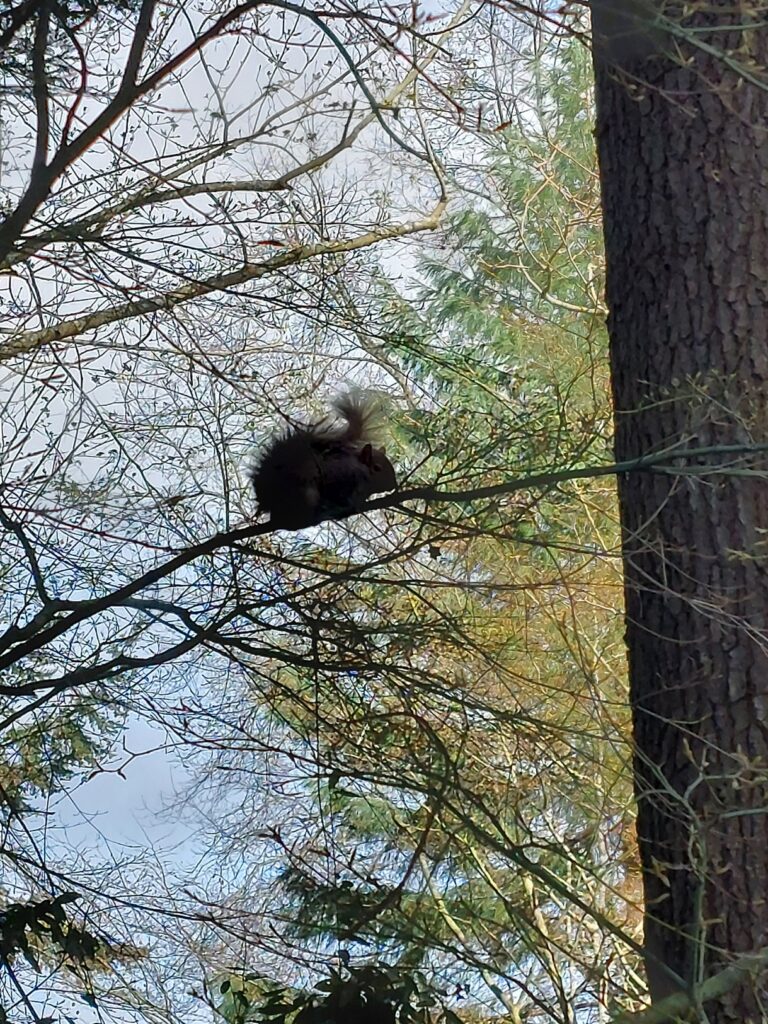
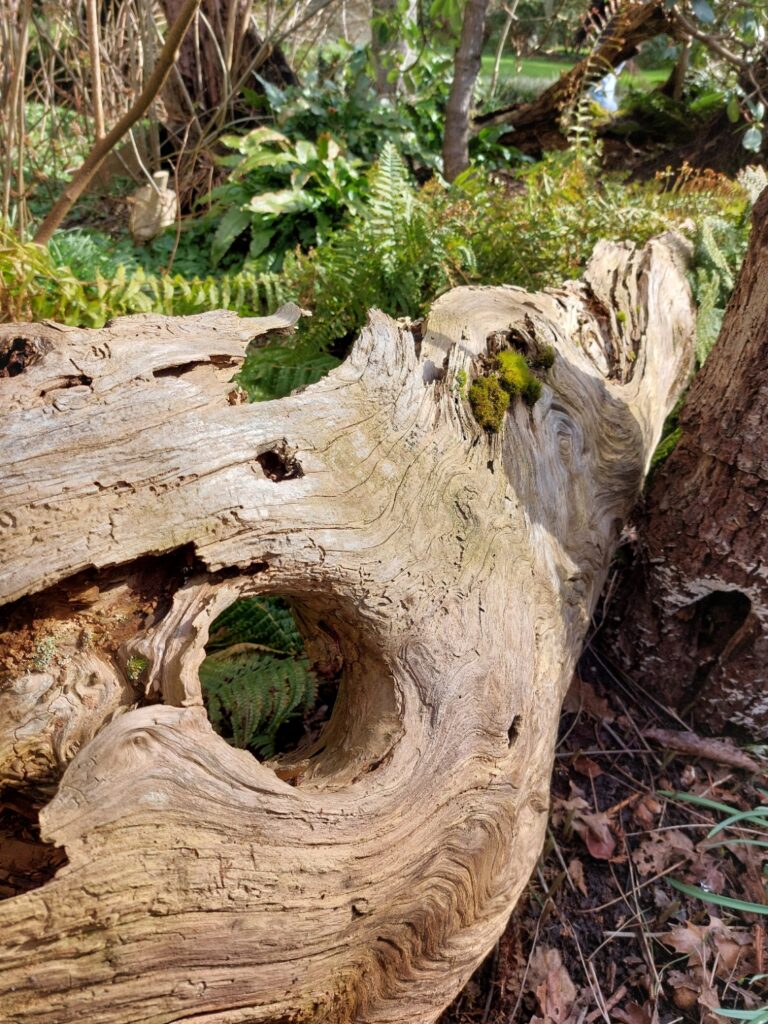
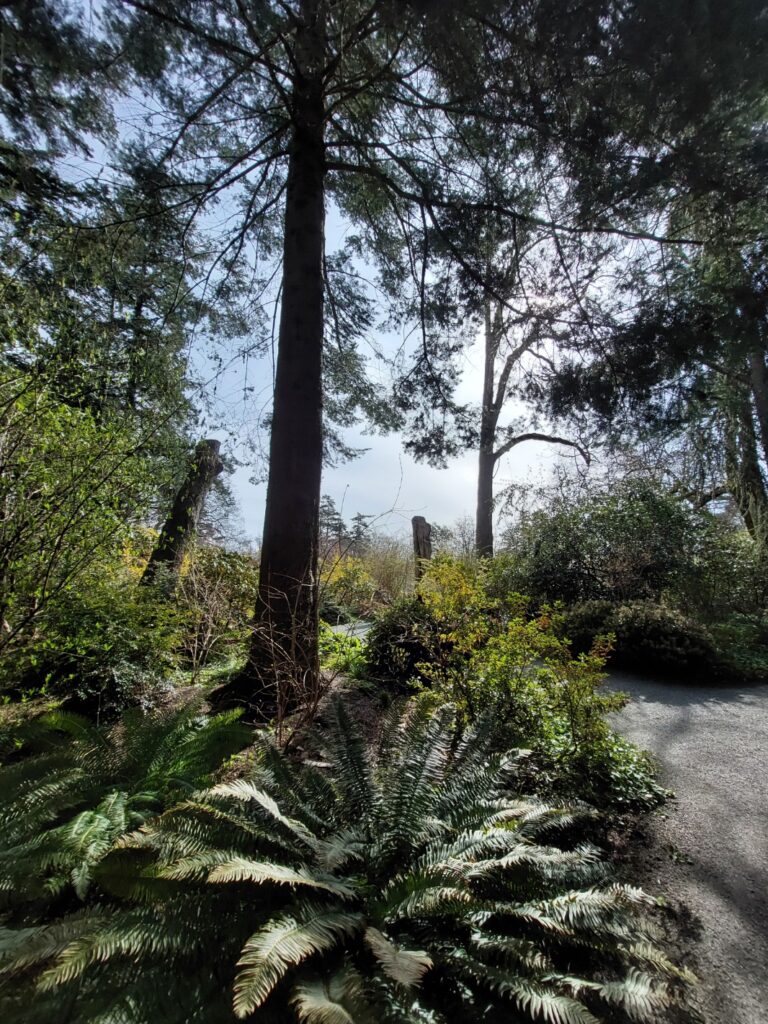
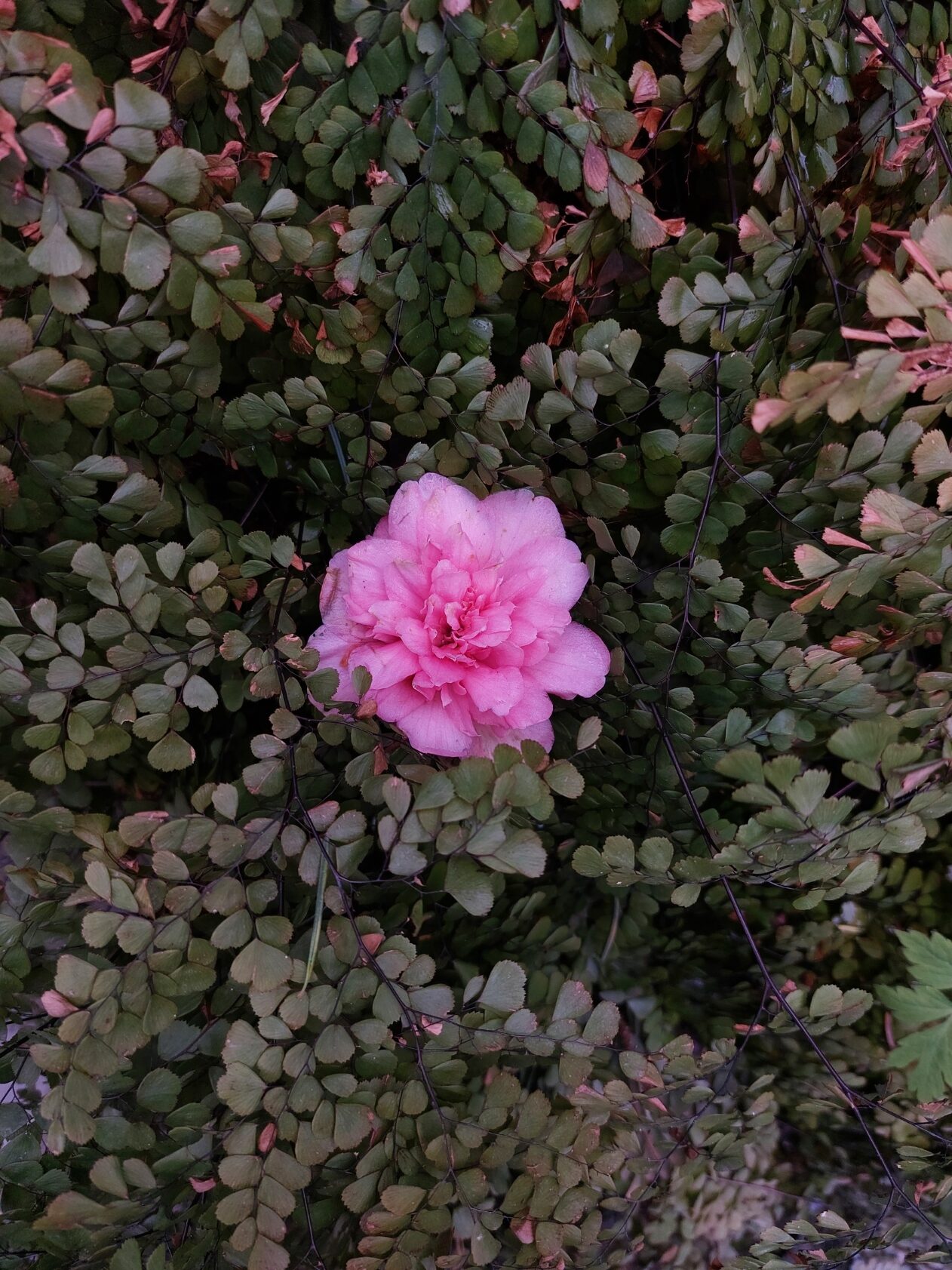
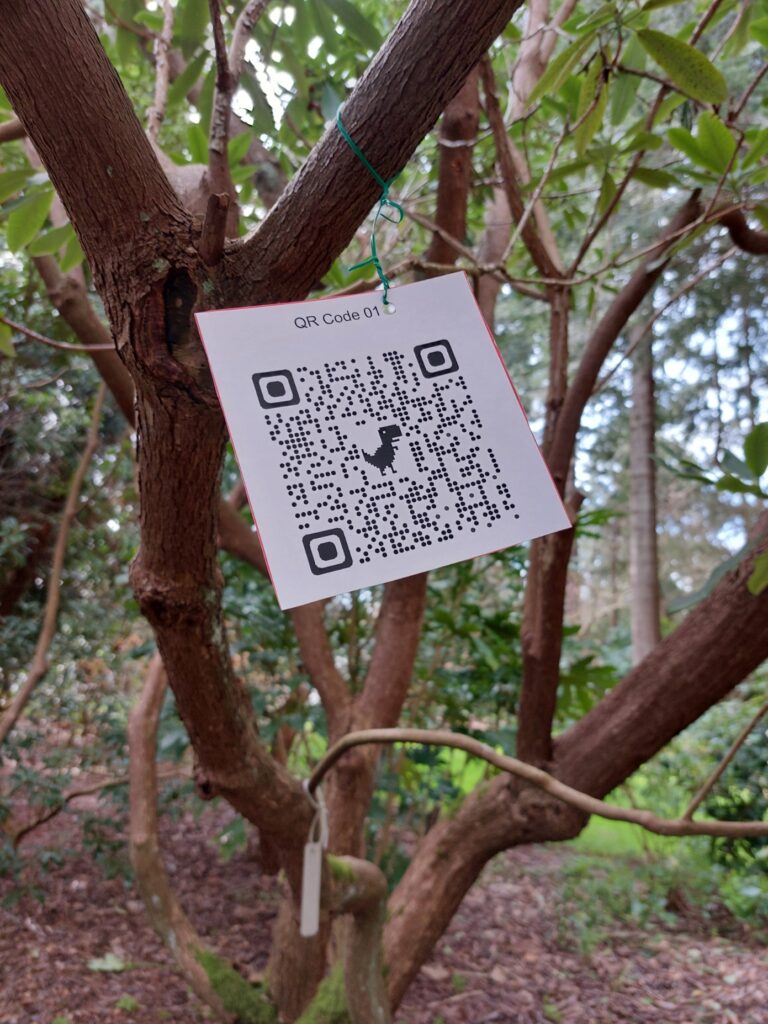
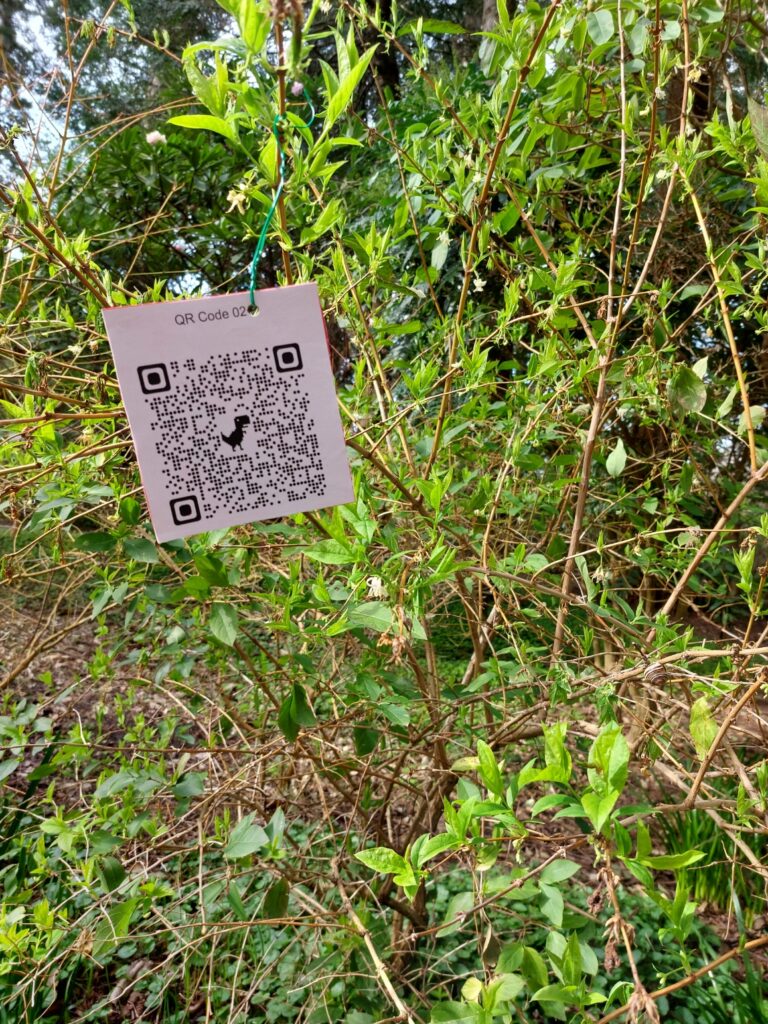
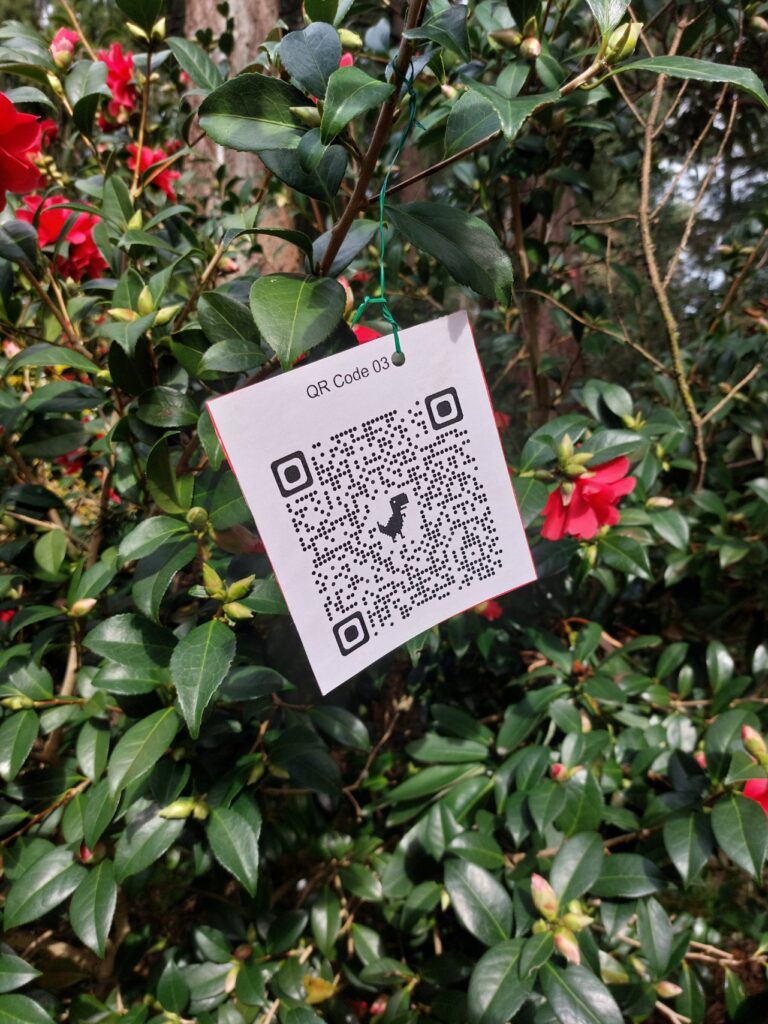
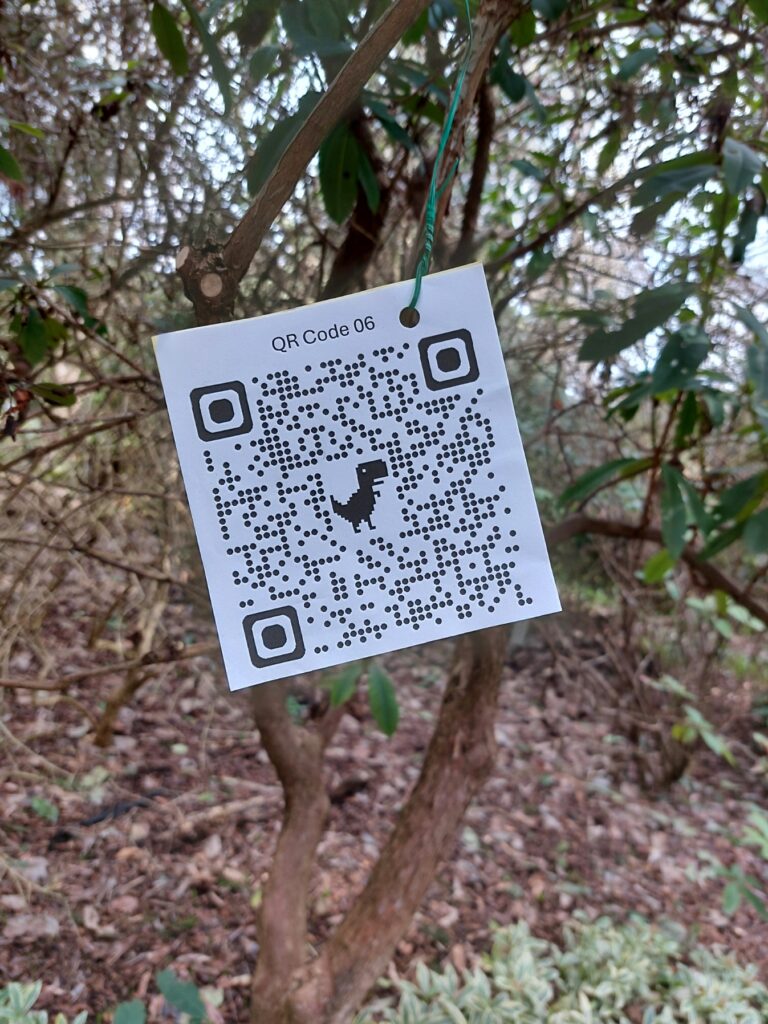
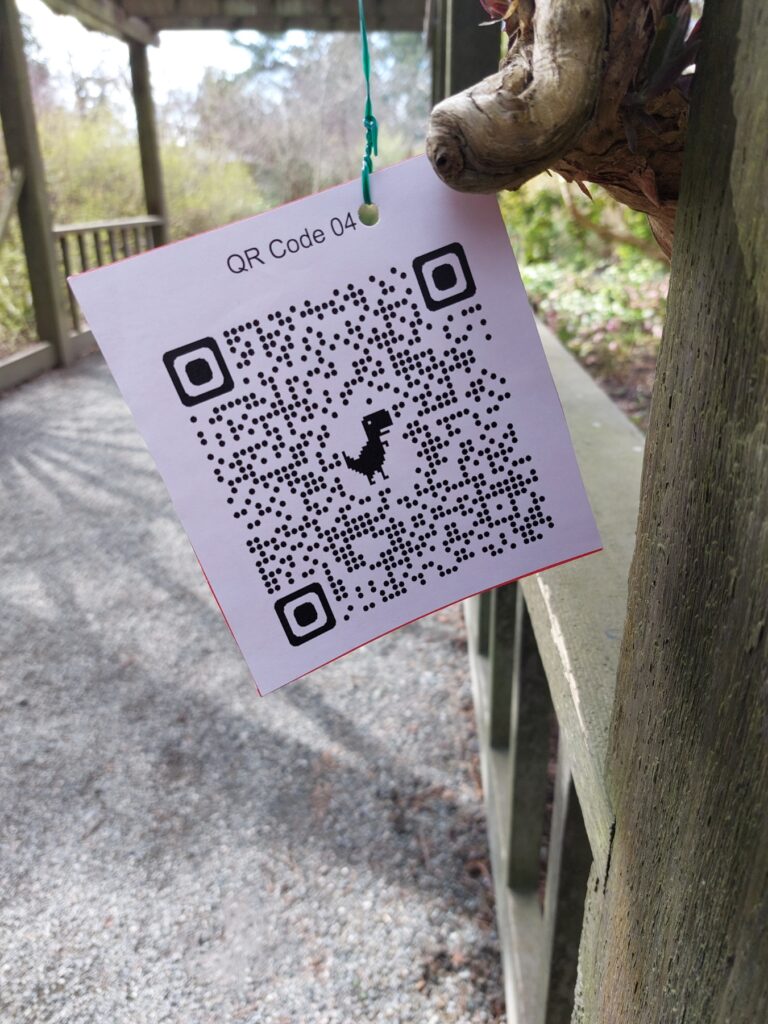
Sorry, but comments are not enabled on this site.